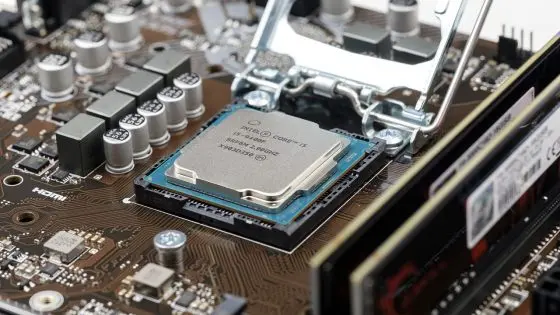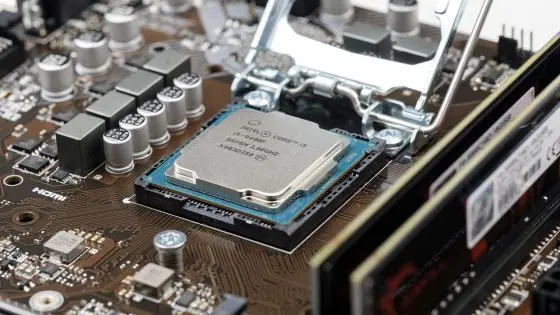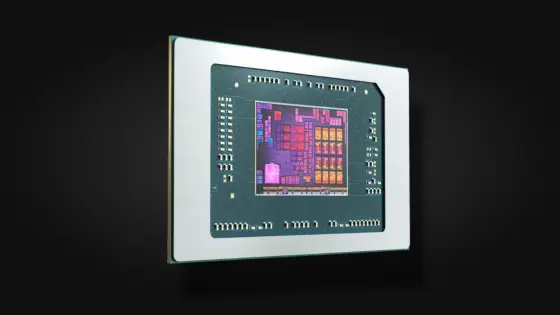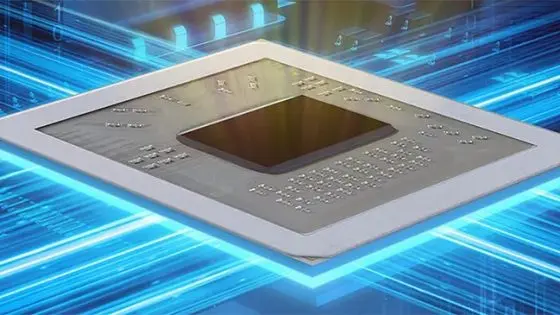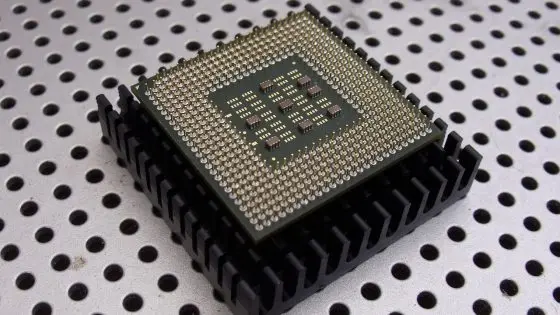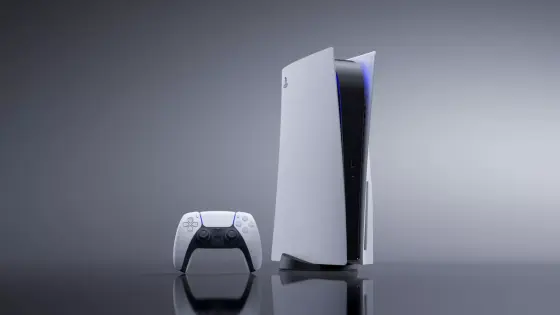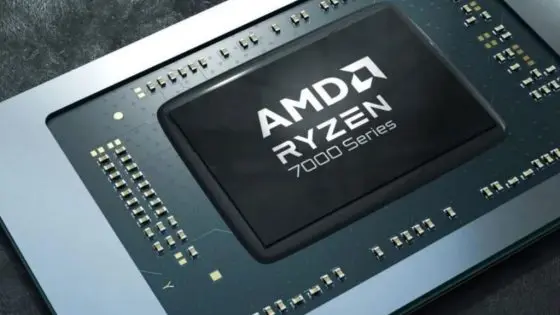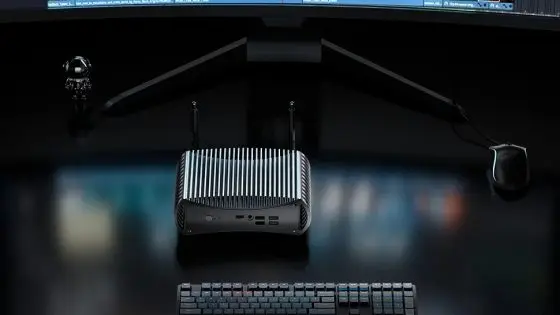We can expect Intel 14th generation processors soon
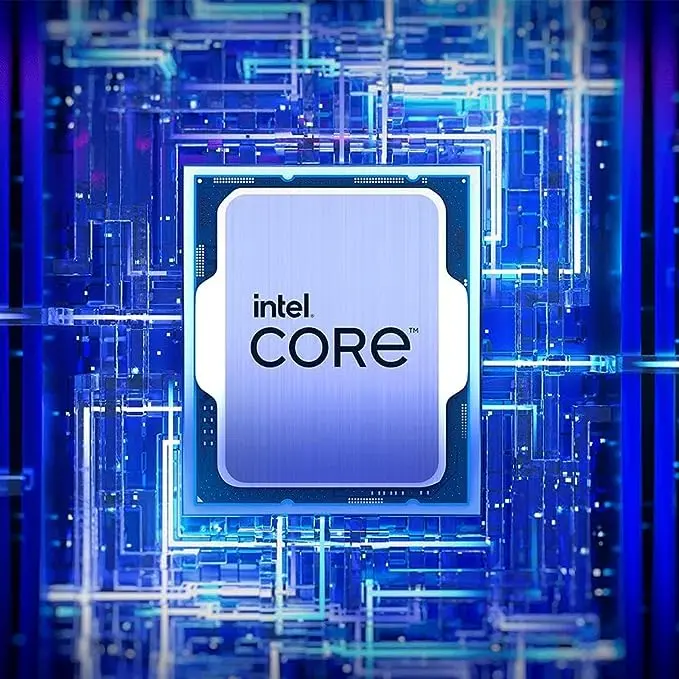
Intel has been thinking about the 14th generation of Core processors (Raptor Lake Refresh) for some time, because the competition in this field is not letting up. Intel 14th generation processors will primarily bring greater performance. Many experts are convinced that the newcomers could outperform Intel 13th generation processors by as much as 20 percent, while at the same time they will limit the consumption of electrical energy.
Intel's 14th generation Core processors are said to still be equipped with the LGA 1700 socket. To use the new processors, only an update of the hardware BIOS code will be required. However, the new Intel processors will work much better in connection with #141 motherboards with new system sets. As everything seems, the Intel company will initially offer three processors of the new generation, namely Core i5-14600K, Core i7-14700K and Core i9-14900K, which is expected to be the most powerful. Recently, however, the first concrete information about the Core i5 processor came online.
The information about the Core i5-14600K processor was revealed with a screenshot by a user with the pseudonym @9550pro. If the screen image is to be believed, the new Core i5-14600K is equipped with six powerful P-Cores and eight energy-saving E-Cores. The initial operating frequency is 3.5 gigahertz, and at full load it consumes around 125 watts of electrical power. The highest operating frequency is 5.3 gigahertz. This is as much as 200 megahertz higher than the existing #141 Intel Core i5-13600K processor (13th generation) for desktop computers.
Although rumors recently appeared online that Intel would postpone the presentation of the 14th generation Raptor Lake Refresh processors to the beginning of 2024, this will not be the case. Now they have assured that we will see the new processors this year. These should be presented in the month of October.




